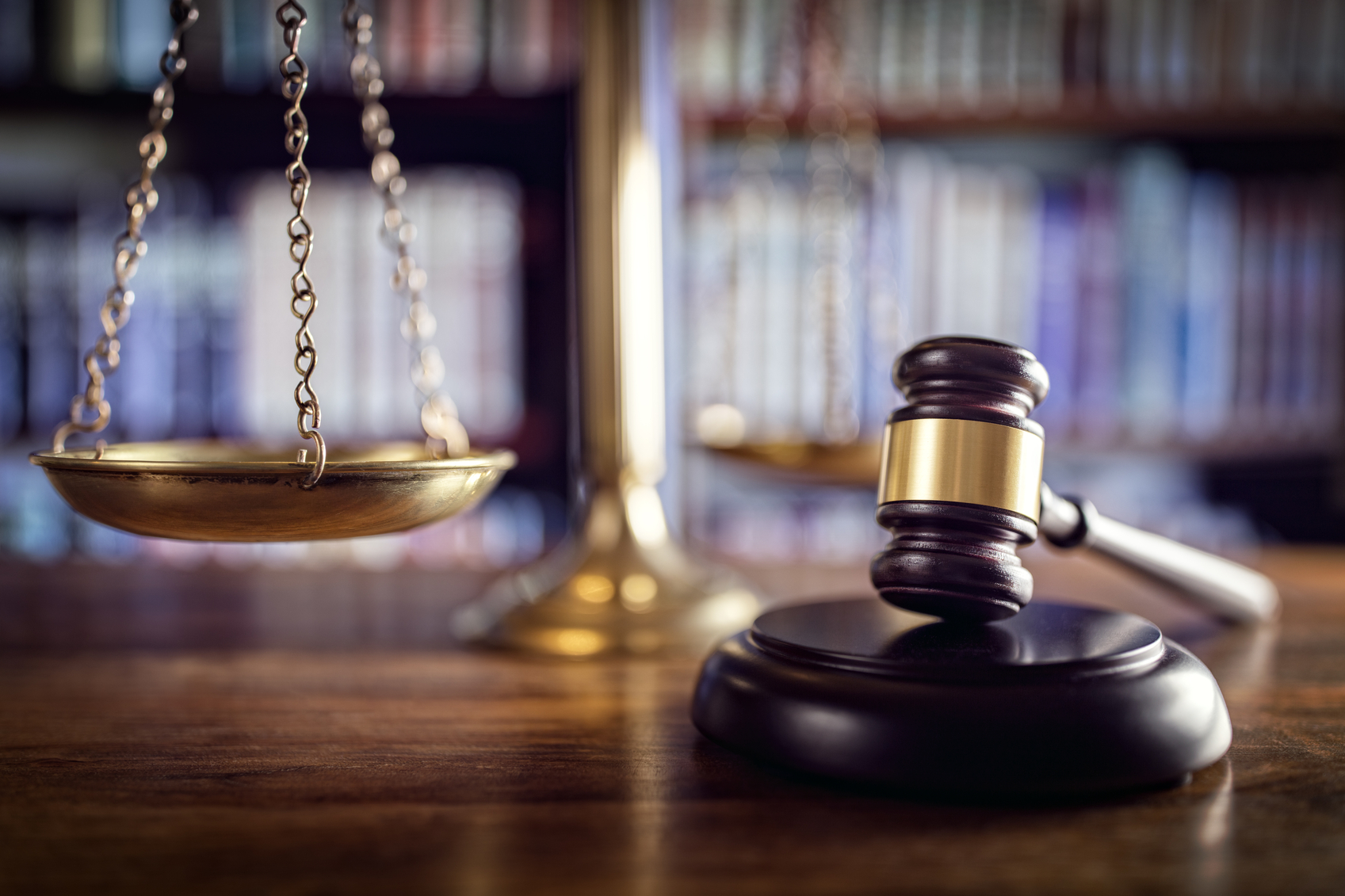Mark Roman | July 19, 2023 | Florida Law

Electric bicycles, or e-bikes, are a popular way to get around in Florida. E-bikes are used by locals and visitors alike and are widely available for easy rental in many popular vacation cities.
E-bikes are a relatively new transportation development, so laws and regulations around their use are still under development. Anyone who takes to Florida roadways on an e-bike should be aware of the basic laws that govern their use — including the most recent updates to e-bike regulations.
Updates to Florida’s E-Bike Regulations

Florida law dictates statewide regulations for e-bike use. However, the state also grants power to local governments to set their own regulations within city limits. For example, the city of Destin has considered placing restrictions on sidewalk e-bike use to better protect pedestrian safety.
In recent years, Florida has initiated two major new laws that all e-bike riders should be aware of. In the past, state law restricted e-bike use to individuals aged 16 and older. One of the two major changes was the elimination of this minimum age limit. Now, it’s legal for individuals of any age to ride e-bikes on Florida roadways.
The other major change rolled out by the Sunshine State pertains to e-bike speed regulations. Previously, e-bike riders were expected to respect the maximum speed limit of 20 miles per hour. At the same time the age restriction was lifted, state law raised the legal speed limit for e-bike riders from 20 mph to 28 mph.
Florida Law and E-Bike Classification
E-bikes are generally defined under Florida law as a bike propelled either by human power alone or by a combination of human power and an electric motor. By this definition, bicycles equipped with a motor that can provide transportation power without human support aren’t technically considered electric bicycles.
There are three main classes of e-bikes:
- class 1,
- class 2,
- and class 3.
Florida law permits the use of all of these three types. Class 1 and 2 e-bikes can typically only reach speeds up to 20 mph, while class 3 e-bikes can reach 28 mph. Florida’s decision to raise the maximum speed limit for e-bike riders makes it easier for riders of class 3 e-bikes to ensure they comply with the speed limit.
Although these most recent changes allow e-bike riders greater lenience, there are still other regulations that electric bike users should be aware of.
Other Florida E-Bike Laws to Know
For the most part, Florida’s statewide laws are fairly lenient regarding how e-bike use is regulated.
Some of the most important Florida laws regulating e-bike use include:
- E-bike riders do not need a driver’s license
- E-bikes do not need to be registered
- E-bikes are allowed on both roads and sidewalks
- Most Florida parks allow e-bikes on trails
- Riders over the age of 16 do not need to wear a helmet
- Riders under the age of 16 are legally required to wear a helmet
- Electric bike motors have a legal maximum of 750W
- It’s illegal to tamper with the speed of an e-bike
- E-bike riders qualify for PIP insurance after a crash
Riders need to remember that local governments have the right to set their own stricter ordinances for e-bike use. Many Florida cities take full advantage of that right.
It’s also important for e-bike riders to note that parks, reserves, and natural trails are often subject to their own regulations. A Florida city may set regulations for e-bike use within a city park. However, regulations can differ depending on the regulatory body responsible for overseeing a specific area.
Stay Up-to-Date on Florida’s E-Bike Laws
Before taking to Florida roads, sidewalks, or parks on an electric bike, check in with local regulations to avoid bicycle accidents, citations, and fines for breaking laws specific to a Florida city.
Contact the New Port Richey Personal Injury Law Firm of Roman Austin Personal Injury Lawyers for Help Today
For more information, please contact the legal team of Roman Austin Personal Injury Lawyers for a free initial consultation with a personal injury lawyer in New Port Richey. We have four convenient locations in Florida: Clearwater, New Port Richey, and Tampa.
We serve throughout Pinellas County, Hillsborough County, Pasco County, and its surrounding areas:
Roman Austin Personal Injury Lawyers – Clearwater Office
1811 N. Belcher Road, Suite I-1
Clearwater, FL 33765
(727) 787-2500
Roman Austin Personal Injury Lawyers – Congress Ave Office
2360 Congress Avenue
Clearwater, FL 33763
(727) 591-5610
Roman Austin Personal Injury Lawyers – Tampa Office
6601 Memorial Hwy Suite 202
Tampa, FL 33615
(813) 686-7588
Roman Austin Personal Injury Lawyers – New Port Richey Office
2515 Seven Springs Blvd.
New Port Richey, FL, 34655
(727) 815-8442
